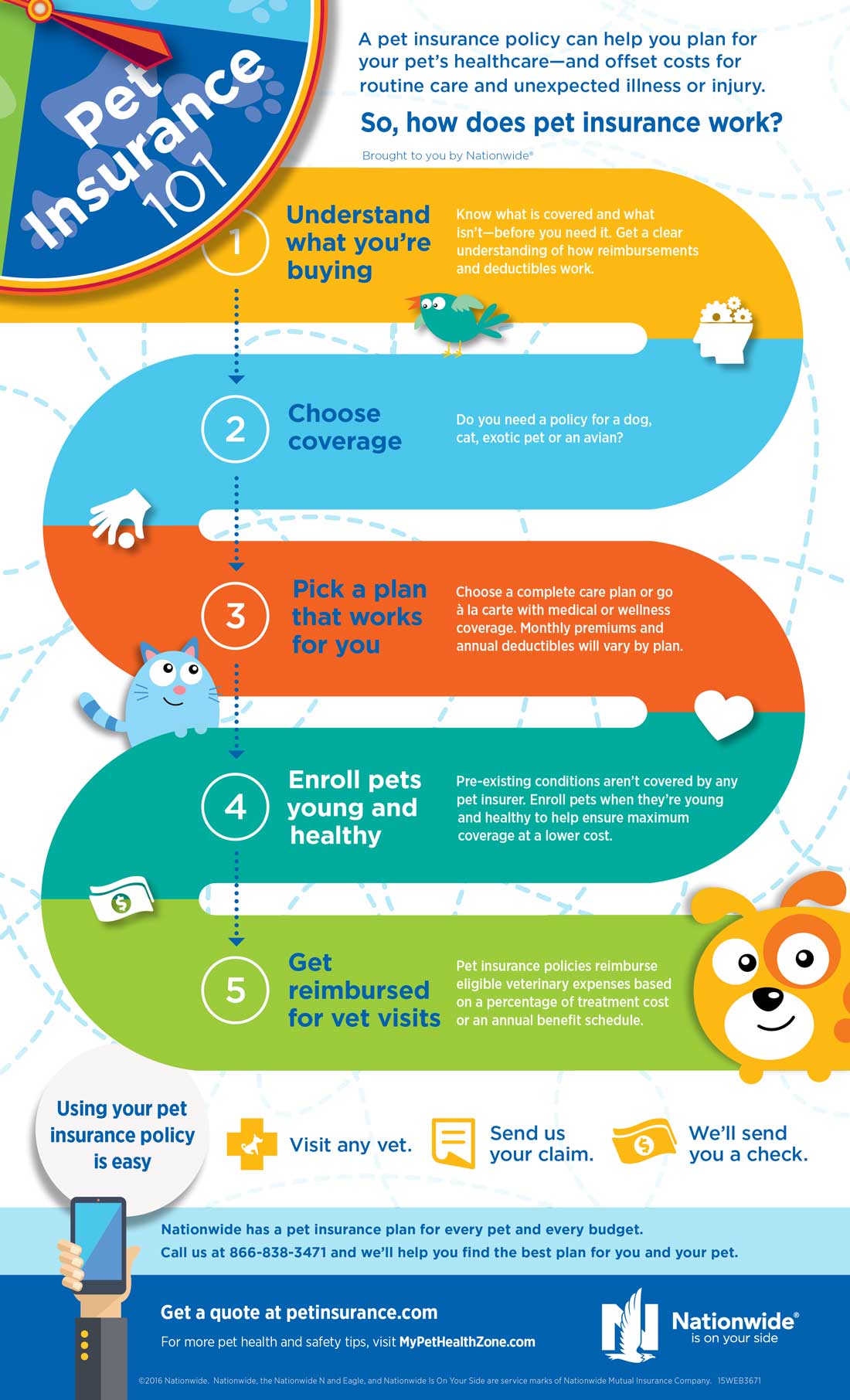Whole life and universal life insurance are both considered permanent policies. That suggests they're designed to last your whole life and won't end after a particular amount of time as long as needed premiums are paid. They both have the prospective to accumulate cash worth in time that you may be able to borrow against tax-free, for any factor. Due to the fact that of this feature, premiums might be greater than term insurance coverage. Entire life insurance coverage policies have a set premium, meaning you pay the exact same amount each and every year for your protection. Similar to universal life insurance, entire life has the potential to accumulate money worth with time, creating a quantity that you might have the ability to obtain against.
Depending on your policy's prospective money worth, it may be used to avoid a superior payment, or be left alone with the potential to collect worth gradually. Possible development in a universal life policy will vary based on the specifics of your individual policy, in addition to other aspects. When you purchase a policy, the providing insurance provider establishes a minimum interest crediting rate as detailed in your agreement. Nevertheless, if the insurance provider's portfolio earns more than the minimum rates of interest, the company might credit the excess interest to your policy. This is why universal life policies have the prospective to earn more than a whole life policy some years, while in others they can earn less.

Here's how: Since there is a cash value part, you may have the ability to avoid premium payments as long as the cash worth suffices to cover your needed expenditures for that month Some policies might allow you to increase or reduce the survivor benefit to match your specific situations ** In most cases you may borrow against the cash value that may have built up in the policy The interest that you may have earned in time collects tax-deferred Whole life policies use you a repaired level premium that will not increase, the potential to build up cash value over time, and a repaired survivor benefit for the life of the policy.
As an outcome, universal life insurance coverage premiums are generally lower during periods of high rate of interest than entire life insurance coverage premiums, typically for the very same amount of protection. Another crucial distinction would be how the interest is paid. While the interest paid on universal life insurance coverage is typically changed monthly, interest on an entire life insurance policy is usually adjusted each year. This might suggest that during periods of rising rate of interest, universal life insurance coverage policy holders may see their money worths increase at a quick rate compared to those in whole life insurance coverage policies. Some individuals might choose the set survivor benefit, level premiums, and the potential for development of a whole life policy.

Although whole and universal life policies have their own distinct features and advantages, they both focus on offering your liked ones with the money they'll need when you die. By dealing with a certified life insurance coverage representative or company representative, you'll be able to select the policy that best satisfies your individual requirements, budget, and financial objectives. You can also get acomplimentary online term life quote now. * Supplied required premium payments are prompt made. ** Increases may undergo additional underwriting. WEB.1468 (What is whole life insurance). 05.15.
Little Known Questions About What Is The Cheapest Car Insurance.
You don't need to think if you should enlist in a universal life policy because here you can discover all about universal life insurance benefits and drawbacks. It resembles getting a sneak peek before you purchase so you can choose if it's the ideal type of life insurance coverage for you. Continue reading to learn the ups and downs of how universal life premium payments, money value, and death benefit works. Universal life is an adjustable type of irreversible life insurance coverage that enables you to make changes to 2 primary parts of the policy: the premium and the death advantage, which in turn affects the policy's cash worth.
Below are a few of the overall advantages and disadvantages of universal life insurance coverage. Pros Cons Developed to use more versatility than entire life Does not have the ensured level premium that's available with whole life Money worth grows at a variable rate of interest, which could yield higher returns Variable rates likewise indicate that the interest on the money worth could be low More opportunity to increase the policy's money worth A policy generally needs to have a favorable money worth to remain active One of the most attractive features of universal life insurance coverage is the ability to pick when and just how much premium you pay, as long as payments fulfill the minimum quantity required to keep the policy active and the Internal Revenue Service life insurance standards on the optimum amount of excess premium payments you can make (What is pmi insurance).
However with this flexibility also comes some downsides. Let's review universal life insurance coverage benefits and drawbacks when it comes to altering how you pay premiums. Unlike other types of permanent life policies, universal life can get used to fit your financial requirements when your money flow is up or when your spending plan is tight. You can: Pay greater premiums more often than required Pay less premiums less often or even avoid payments Pay premiums out-of-pocket or utilize the cash value to pay premiums Paying the minimum premium, less than the target premium, or skipping payments will negatively impact the policy's cash worth.